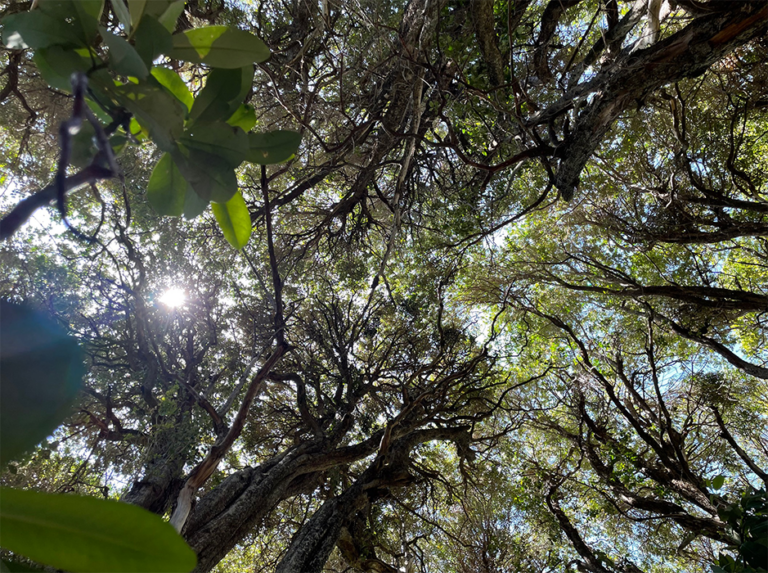Empirics of Hope
Exploring the science of hope in the Anthropocene
The Anthropocene is a term often used to describe the growing impacts of humans on the planet. As a result, the biosphere on which humans intimately depend is deteriorating and patterns of inequity are reinforced. One may be tempted to assume that hope in the Anthropocene is for the naïve and ill-informed. But are the sciences paying sufficient attention to the role of hope and current changes towards respectful and inclusive Biosphere stewardship?
Our species has a unique ability to envision and enact change and humans have historically engaged with and solved exceptional challenges, suggesting that the Anthropocene can also generate human agency at new scales: global cooperation, new international norms, opportunities for scaling innovation, engagement in old issues in new ways, and addressing systemic problems in new combinations. Tentative observations, across systems, sectors, scales, and regions suggest that there is unprecedented mobilization towards action biosphere stewardship. These observations include changes in energy and transport systems, sustainability and justice discourses in society, target settings to reduce CO2-emissions, corporate reporting standards, financial incentives, and increased social movements and action linking climate, biodiversity and social justice issues.

The Anthropocene Laboratory intends to bring together researchers and artists from diverse disciplines, backgrounds, and places, to explore reasons to be hopeful about changes toward biosphere stewardship. We will examine the empirical evidence and ask whether existing trends are accelerating and spreading. Is humanity on the brink of a transition towards a positive future? On what scales and in which regions or sectors are they particularly hopeful? How are diverse actors and institutions, such as legal systems, governments, corporations, cities, communities, activists, artists, and scientists, driving change and mobilizing their agency to enable biosphere stewardship in the Anthropocene? How can such movement be adequately supported and equitably distributed? What is the role of such empirics of hope?
The aim is to produce scientific products and promote awareness and action related to the findings obtained through novel forms of collaboration. We will synthesize trends toward biosphere stewardship across society, including civil society and social movements, government, and business, etc. In parallel, the idea is to work with artists and civil society to communicate these empirics of hope in novel ways and invite people from different walks of life to reflect about what it means for them to be hopeful and what it takes to become hopeful. Also to provide a platform to share hope fuelling the belief that it is in our capacity to change in the face of uncertainty.


